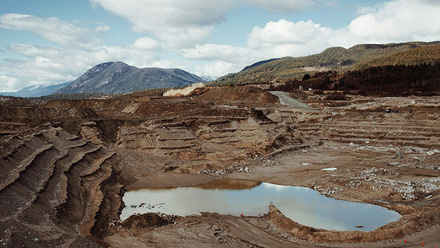Mining 2030 Commission announces members and investor support
More than US$11trn has been pledged by 82 investors.

Also known as the Global Investor Commission on Mining 2030, the multi-stakeholder organisation is made up of representatives from communities, intergovernmental organisations, civil society, academia, law, unions, the mining industry, banking, insurance and investors.
The Commissioners' mission is to ‘contribute to the development of a vision for the future of mining…in a socially and environmentally responsible manner’.
Angélica Amanda Andrade, Member of the community of Brumadinho and Mining 2030 Commissioner, echoed this call. ‘This Commission represents an important step in ensuring that the voices of all stakeholders, especially those directly affected by mining activities, are heard and valued.
'As we embrace the energy transition, it is imperative that we do so with a keen awareness that further social or environmental harm is unacceptable; and that communities need to be considered not solely as beneficiaries but as active partners both in terms of disaster prevention and benefit sharing.’
The Commission is advised by the United Nations Environment Programme and backed by the Principles for Responsible Investment.
Of the Asset Owners and Fund Managers, notable names include Dutch fund APG-AM ($589bln), Canadian fund CDPQ ($309bln), US fund CalSTRS ($307bln), UK fund Scottish Widows ($206bln), UK fund USS ($109bln), as well as managers LGIM ($1.47trn), Abrdn ($467bln), AVIVA ($270bln), South African manager Ninety One ($175bln) and the Australian Council for Superannuation Investors (ACSI – whose members have $1trn in AUM).
The Mining 2030 Commission has also issued an invitation to stakeholders from across the mining sector to contribute evidence to a landscape research project commencing in November 2023, with a deadline for submissions of 20 December 2023. The study seeks to understand future supply and demand and key challenges that could prevent demand from being met.







